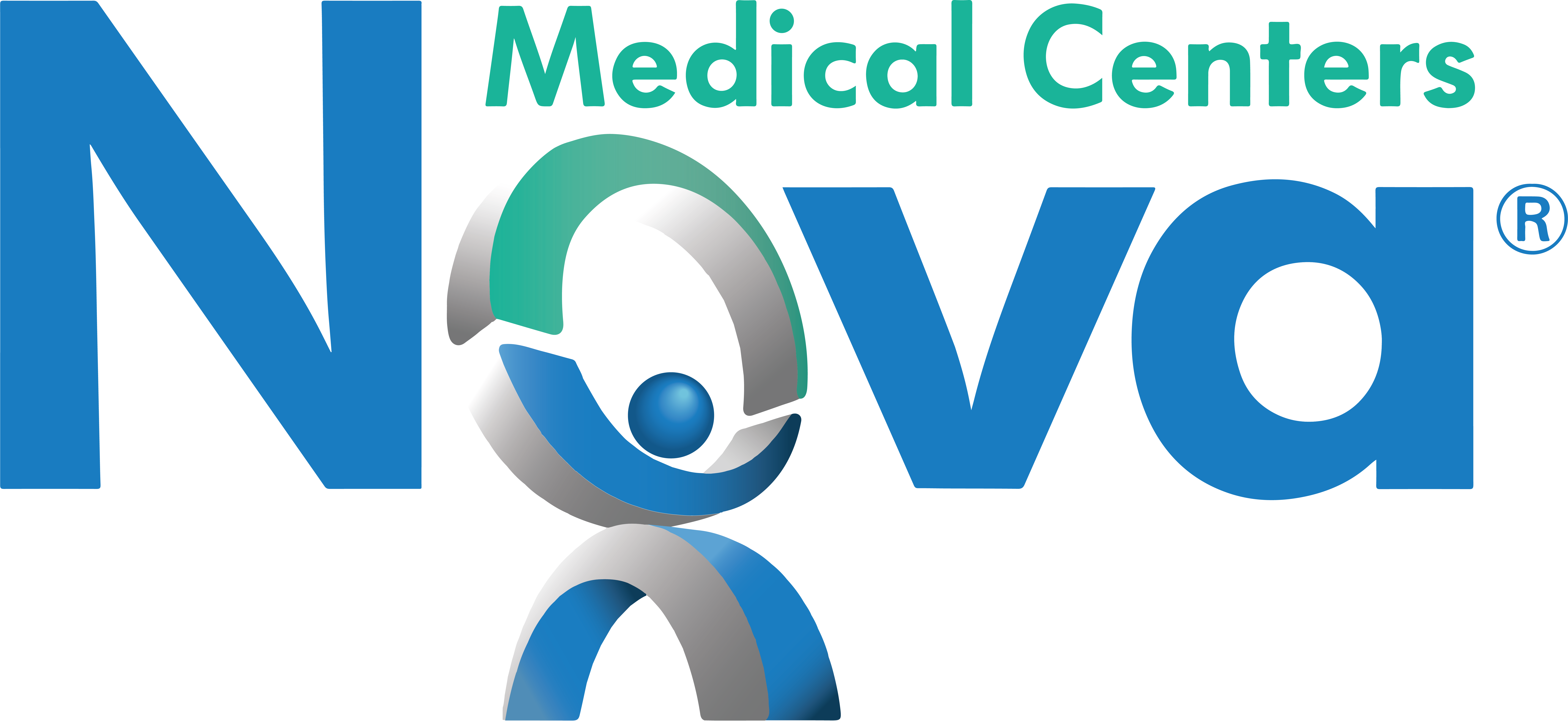Occupational health and wellness is the subject of a great deal of study on the part of research groups and employers.
Every year, occupational injuries and illnesses cost companies and workers millions of dollars in lost wages, lost productivity and medical expenses. Atlanta occupational medicine is currently ensuring that employers are healthy on the job.
The issue of workplace health and wellness is so important that several government agencies dedicate significant time and resources to research on the topic and attempt to implement strategies that will encourage employers to comply with industry regulations. The Occupational Safety and Health Administration, for example, collect data on workplace injuries and illnesses and use these numbers to inform decisions about enforcement among various industries including Atlanta occupational medicine.
What Is Occupational Health and Wellness?
When many people hear the term “occupational health” they think of injury and work-acquired illnesses first. These conditions certainly receive the most attention from the news media and from reporting agencies due to the tremendous cost associated with lost-time accidents and illnesses. For example, the Bureau of Labor Statistics reports that for every 10,000 workers there are 117 days per year of lost time due to accident and illness.
While it is easy to see the impact that workplace injuries have on the workforce and on productivity, it is harder to see how health and wellness affect employees. When employees slow down at work because they do not feel well or when they miss work due to non-employment related issues, this data is often not factored into the lost productivity on the workforce. However, it may well be that “wellness” issues have a more significant impact on worker productivity than illness and injury that are commonly tracked with the data.
Health and wellness could be defined as the state of staying healthy, and proving a “negative” is always difficult. In other words, how difficult is it to keep workers healthy and how can worker health be measured effectively? How much more productive could workers be if they practiced good wellness techniques?
Health and wellness involves more than simply the absence of injury or illness. It also includes keeping workers in good shape in order to prevent common diseases such as diabetes and heart attack. This may mean encouraging workers to eat a good diet, exercise and refrain from smoking and drug use. While employers cannot mandate this type of behavior, they can provide opportunities for employees to take advantage of training, free classes and support that will help them live healthier lifestyles.
How Can Employers Support Worker Health and Wellness?
There are many things employers can do to support workers in the quest for health and wellness. Some of these things are very simple to implement, while others take more planning. For example:
• Provide workers with healthy snack options. Instead of chips and soda in vending machines, invest in juices, water and healthy snacks so that workers are encouraged to eat well.
• Provide in-house exercise classes. It is very easy and inexpensive to contract with a group to provide lunchtime yoga classes; employers could also create a walking group to meet before or after work. Offering small incentives to the person or group that loses the most weight or meets some other goal is a great way to keep people involved in the journey to better health.
• Provide support for quitting bad habits. Smokers and others who want to quit bad health habits should have support at work. Many health insurance programs offer payment for smoking cessation, drug and alcohol counseling and other services designed to help workers take control of their health. If these programs are not available through health insurance, employers may find that local hospitals or health centers offer low-cost options.
By supporting employee health and wellness, employers support a more productive workforce, ultimately resulting in more money for employers. Atlanta Occupational Medicine can provide employers with the tools needed to support employee wellness and keep the workforce healthy and happy.



